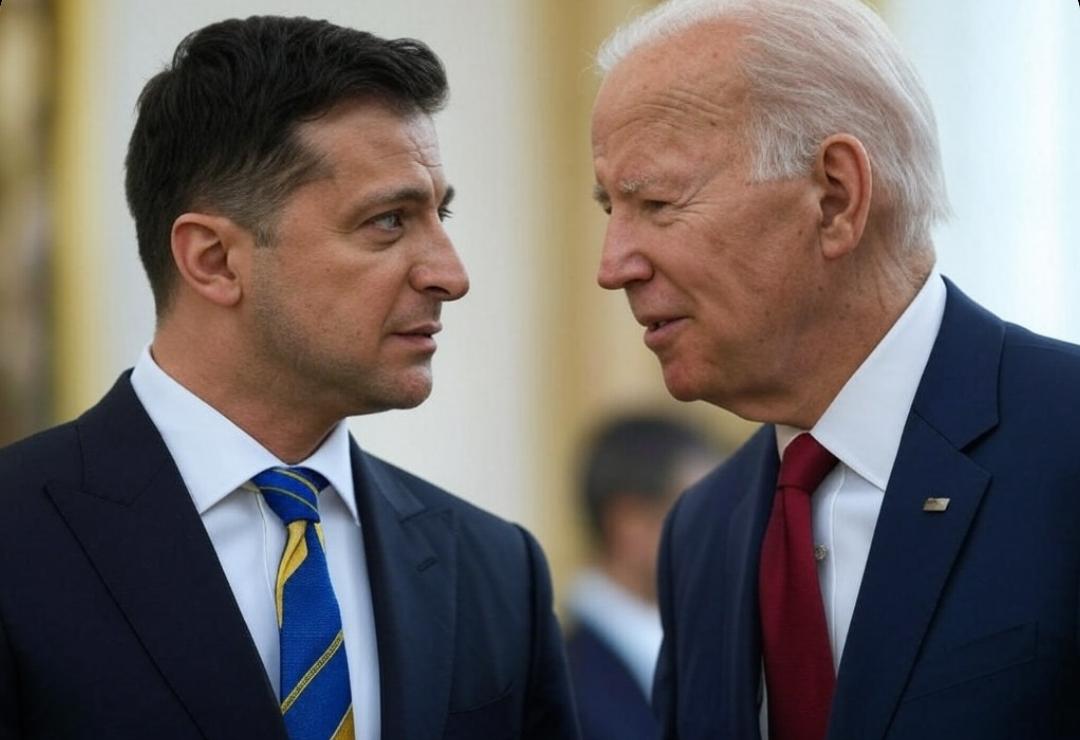
In a recent statement, Ukrainian President Volodymyr Zelensky addressed the nature and amount of U.S. aid received during the ongoing conflict with Russia. Contrary to claims suggesting that Ukraine has accumulated a $500 billion debt to the United States, President Zelensky emphasized that the actual support amounts to approximately $100 billion and was provided as grants, not loans.
Speaking at the "Ukraine. Year 2025" forum in Kyiv, President Zelensky clarified the financial dynamics between Ukraine and its Western allies. He noted that while the U.S. and the European Union have collectively contributed around $200 billion in defense support, Ukraine has independently shouldered $120 billion of its wartime military expenses, which total $320 billion. He stated, “We, the people of Ukraine, (covered) $120 billion, the U.S. and the EU — $200 billion. We are talking about arms; this is a weapons package worth $320 billion.”
Addressing misconceptions about the aid structure, President Zelensky firmly denied the existence of a $500 billion debt to the U.S. He highlighted that the support received was in the form of grants, which do not constitute debt. "I am not ready to acknowledge $100 billion debt; these are grants," he asserted.
This clarification comes amidst ongoing negotiations between Ukraine and the United States regarding the terms of support and potential resource agreements. Reports indicate that the U.S. has proposed a deal wherein Ukraine would provide access to its critical mineral deposits, valued at $500 billion, as a form of repayment for wartime aid. However, President Zelensky has expressed reservations about such arrangements, emphasizing the need for clear security guarantees and balanced agreements that do not compromise Ukraine's sovereignty.
The discourse surrounding the financial aspects of international aid underscores the complexities of geopolitical alliances and the importance of transparent agreements that respect the autonomy of the nations involved.
It is worth noting that these agreements were initially discussed under the administration of former U.S. President Joe Biden. The evolving diplomatic discussions may be subject to shifts in policy under the current U.S. administration.
Disclaimer: This article is based on publicly available statements and reports. The views expressed herein do not necessarily reflect those of this publication. Readers are encouraged to verify information from multiple sources.




